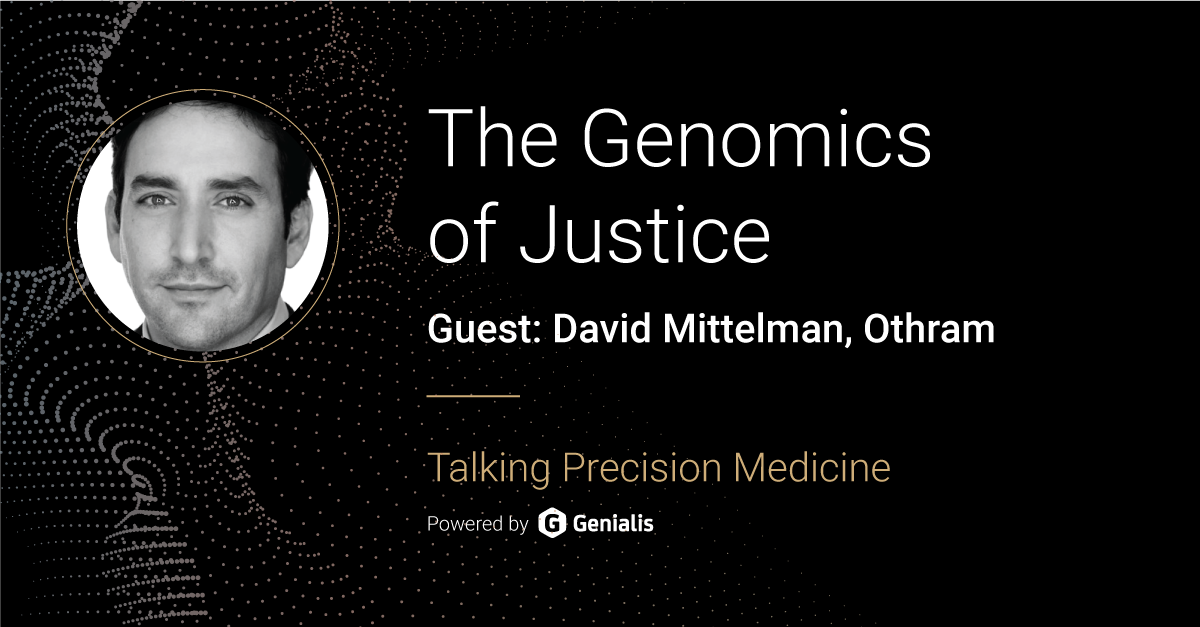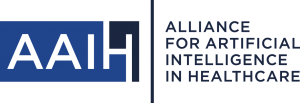Welcome to the Talking Precision Medicine podcast. In this series, we sit down with experts on the application of AI and big data analytics in the drug discovery space. Our guests are innovators, business decision makers and thought leaders at the intersection of data and therapeutics. We discuss the promise, practice, challenges, and myths of AI in precision medicine. This show is brought to you by Genialis, and Rafael, our CEO, is your host.
Genialis is focused on data integration and predictive modeling of disease biology to help accelerate the discovery and de-risk the development of novel therapeutics.
Today our guest is David Mittelman. David is CEO of Othram, the first genomics-based forensics company. David is also a serial genomics entrepreneur, and, like Genialis, based in Houston.
In this episode, David explains his vision for disrupting the state of the art in forensics identification using genomics, deep sequencing and machine learning. A bit of a departure from the usual themes around medical applications of data and data science.
Episode highlights:
- DNA is the future of biometrics. We want to position genomics signatures and genome sequence as another biometric.
- Right now the state of the art in crime testing is CODIS, which is a system based on 20 markers. In CODIS you can only really identify yourself or a super direct relative, so it is populated, not exclusively, but generally by people that have been convicted of a crime. CODIS will confirm your identity, but if you’re not in CODIS, it’s not going to find you.
- As it turns out, sequencing long term will be the best option, because sequencing is better at dealing with things like contamination, mixtures, and these other sorts of challenges. But I worry that there is not enough work being done in building reference materials, performance testing and benchmarking how these processes work and how various platforms work in getting data.
- A forensics lab is a very different experience than a medical lab At the moment, we are the only forensics lab that is operating whole-genome sequencing equipment.
- If you find the right person who committed the crime, how many other people were persons of interest, suspects over the years? All those people now exonerated and released. And of course, the family of the victim and the victim itself, if they’re still alive are able to get peace and kind of resolution.


